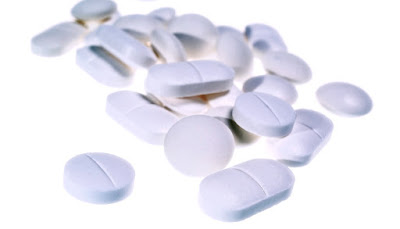ETHICIST: HYDROXYCHLOROQUINE HYPE COULD BUNGLE THE SCIENCE
Aspects of the reaction to COVID-19 advise ethicist Alex John London of mistakes in the reaction to the Ebola outbreak in 2014-15. For instance, hydroxychloroquine. Ayam Peru Ayam Aduan Taji Pisau
Scientists and doctors worldwide remain in a race to conserve lives, not just through caring for clients ill with COVID-19, but also in the search to discover an efficient therapy or injection. In the rush to do scientific research quickly, London says it's easy to earn mistakes.
"The point of research is to decrease uncertainty—to figure out dead finishes from productive therapy strategies," says London, teacher of principles and viewpoint and supervisor of the Facility for Principles and Plan at Carnegie Mellon College. "But if you do not do extensive scientific research, you can end up enhancing unpredictability, which can actually make points even worse."
London's research concentrates on ethical and plan problems bordering the development and implementation of unique technologies in medication. He was component of the Nationwide Academy of Medication board that evaluated the scientific research and the principles of the medical tests that were introduced in reaction to the 2014-2015 Ebola outbreak in West Africa.
Among the final thoughts of that record is that medical tests need to begin at an early stage in an outbreak. London says some of the studies on Ebola began far too late and did not have extensive design features—such as randomization and a concurrent control arm—that made their searchings for much less dependable. He sees echoes of previous mistakes in the COVID-19 reaction.
HYDROXYCHLOROQUINE APPROVAL
"Very early records of hydroxychloroquine have been based upon small studies, some which have methodological drawbacks," London says. "These are missed out on opportunities. Before we motivate extensive use a medication, we need better proof that it is well worth it."
Recently, the Food and Medication Management authorized hydroxychloroquine for emergency situation use. The medication is typically used to treat jungle fever, lupus, and rheumatoid joint inflammation. London says clients that need it for real therapies are currently finding it challenging to obtain.
He also tensions that the authorization of a medication as a therapy for one clinical problem does not imply that it will be safe for another. "Medications have adverse effects that can be sensible when they are offset by the alleviation of experiencing or remediation of functioning. If the benefits in the new therapies do not frying pan out, after that very ill individuals are subjected sideways impacts of a medication without compensating benefit."
London highlights that the assessment of dangers from clinical treatments is various for therapies and vaccines. "There can be a high resistance for adverse effects in medication therapies because the medication is offered to a fairly reduced variety of individuals, and just to those that are ill," says London, that has assisted to revise several ethical standards for worldwide research.



